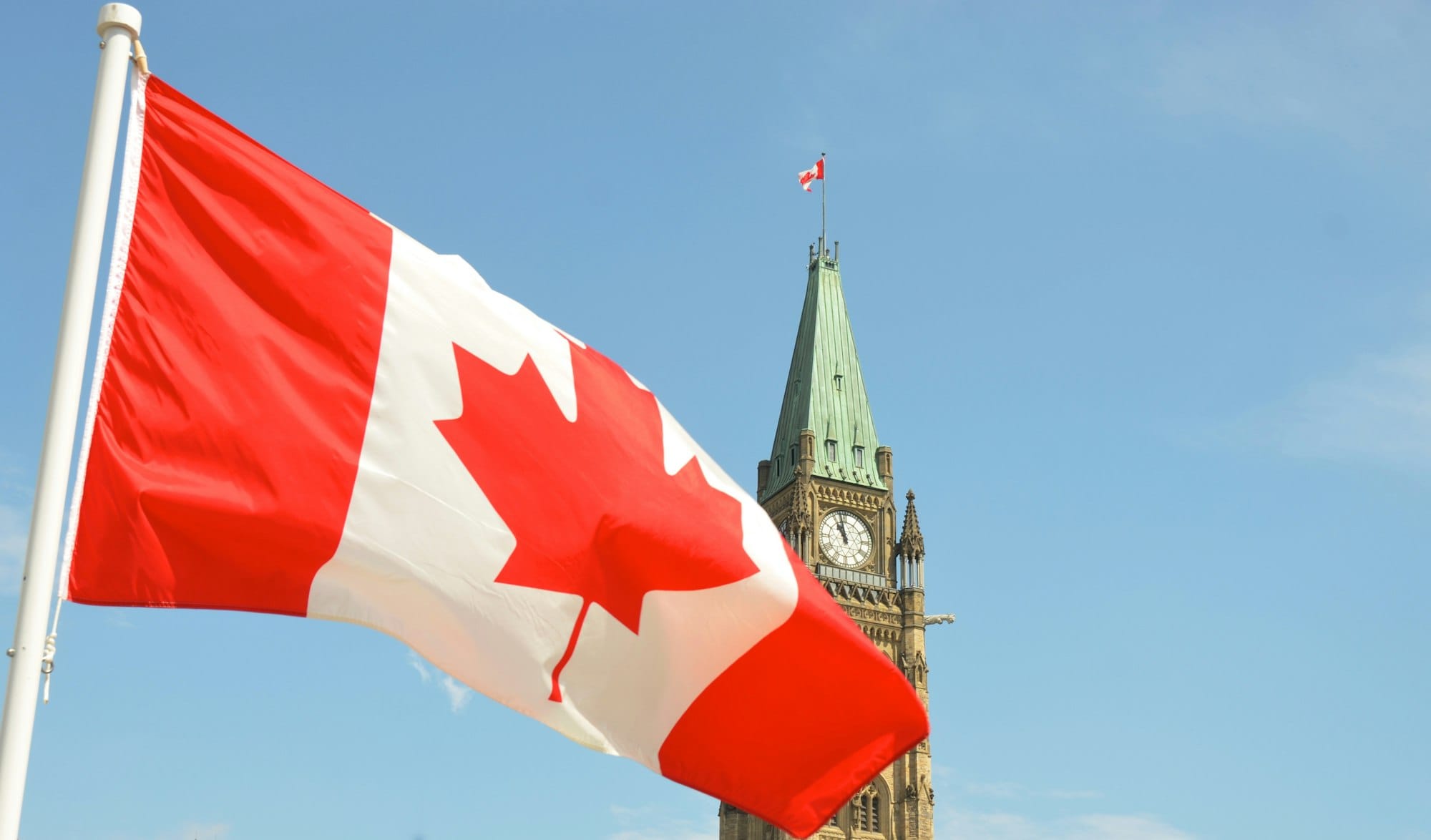Canadian Tax Law

Canada is a popular destination for Chinese immigrants. However, when considering immigration, many people focus solely on the rights associated with Canadian residency, such as better social security, a superior education system, and visa-free access to more countries. They often overlook the responsibilities of holding Canadian residency, particularly the tax obligations. For a wealthy country, unless it has abundant underground resources like the UAE, its prosperity largely depends on substantial tax revenues. Generally speaking, the wealthier the country, the heavier the personal tax burden.
Canada has a high personal tax burden. Canadian income tax is divided into two levels: Federal Income Tax and Provincial/Territorial Income Tax. Except for Quebec, the tax base for both levels is the same, meaning taxes are combined. Combined tax rates range from a low of 44.5% in Nunavut to a high of 54% in Nova Scotia, far exceeding China's personal income tax rates. This is especially true for passive income, such as dividends and capital gains, which are taxed much more heavily in Canada than in China.
Although Canada does not impose inheritance or gift taxes, it does have Deemed Disposition Tax and Provincial Probate Tax. The former treats assets as disposed of (sold) at fair market value upon death or gifting, and the resulting capital gains are taxable. The latter is a tax paid by the executor of an estate when administering it (whether or not a will exists). Some provinces charge minimal fees (e.g., Quebec caps it at CAD 211), while others charge a percentage of the estate's value with no upper limit (e.g., British Columbia charges 1.4%).
Since there is already a wealth of information online about Canadian tax laws, we will not repeat everything here. Instead, we will share some key highlights, including:
- Tax residency
- How the CRA identifies undeclared overseas assets
- Trusts

